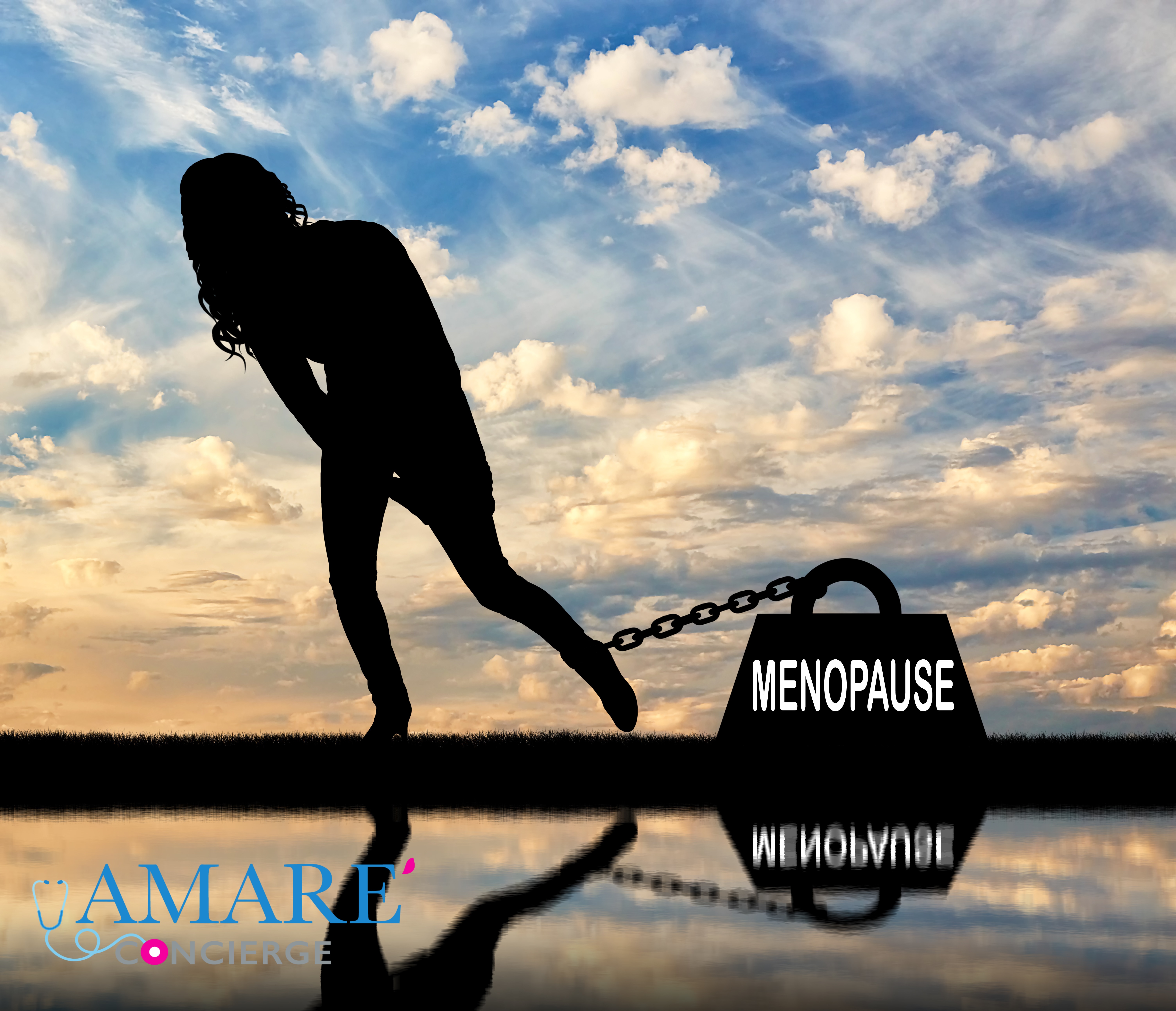Menopause is a natural part of life, but it can have unwanted consequences. Fortunately, many of these symptoms can be controlled through simple changes to your diet. Follow these tips to learn how to lose weight, reduce hot flashes, and protect your heart and bones.
Manage Your Weight:
- Increase your fiber intake. Your metabolism slows down as you age. Plus, after menopause, women tend to gain weight around their waistline, where it can have the most harmful health effects. Eating more fiber is one of the easiest ways to slim down because you’ll feel full while eating fewer calories.
- Load up on vegetables and fruit. In addition to providing important nutrients, vegetables and fruits are packed with fiber. Whole grains are another good source.
- Calculate your portions. At the same time, trying to avoid any treats can backfire because you’re more likely to start craving chips and candy. Enjoy your favorite foods but limit the serving size.
- Make high-impact choices. Would you like to simplify your diet with just 3 steps? Cutting back on sugar, limiting meat and cheese, and consuming more fruits and vegetables helped postmenopausal women lose weight and keep it off, according to a recent study.
- Exercise regularly. Healthy eating works even better when you make it part of an active lifestyle. Aim for at least 30 minutes of moderate exercise on 3 days a week or more.
Reduce Hot Flashes:
- Try soy. Expert opinions vary, but there is some evidence that isoflavones in plant-based foods may help to relieve hot flashes and other menopause symptoms. Good choices include soy products in their most natural state, like tofu, soy milk, and edamame.
- Drink water. Staying hydrated may make hot flashes less frequent. It will certainly help to replace lost fluids and keep you more comfortable.
- Avoid triggers. Some foods and beverages tend to aggravate hot flashes. Try cutting back on alcohol, caffeine, and spicy dishes.
Protect Your Heart and Bones:
- Choose whole foods. The same diet that’s beneficial for your overall health will help strengthen your heart and bones. The American Heart Association recommends a variety of fruit and vegetables, whole grains, lean proteins, nuts and legumes, and healthy fats. That’s important because the risk of heart disease and osteoporosis increases after menopause.
- Focus on omega-3 fatty acids. A diet rich in omega-3s helps to reduce LDL cholesterol and may even help prevent mood swings. Dine on fatty fish like tuna and mackerel, and snack on nuts and seeds. Ask your doctor about taking supplements if you think you need more.
- Cut back on sodium. A diet high in sodium can raise your blood pressure and make you more vulnerable to osteoporosis. Most of the salt in your diet probably comes from processed foods, such as frozen dinners, canned soups, and condiments, so try to prepare more meals from scratch and read labels carefully.
- Monitor your calcium. A diet rich in calcium helps to slow bone loss, especially if you start early. Whatever your age, ensure you’re eating a variety of foods like dairy products, green vegetables, almonds, salmon, and seeds.
- Consume more vitamin D. Vitamin D is also essential for bone health and comes from sunlight and food sources. Talk with your doctor about how much you need.
While you’re caring for your body, remember that menopause can also have mental effects, such as mood changes and memory issues. Save room in your diet for brain foods, like fatty fish and blueberries, that may even help to prevent dementia.
Overall, choosing to eat healthily is one of the most effective ways to reduce your risk for conditions associated with menopause and stay active in your golden years.




